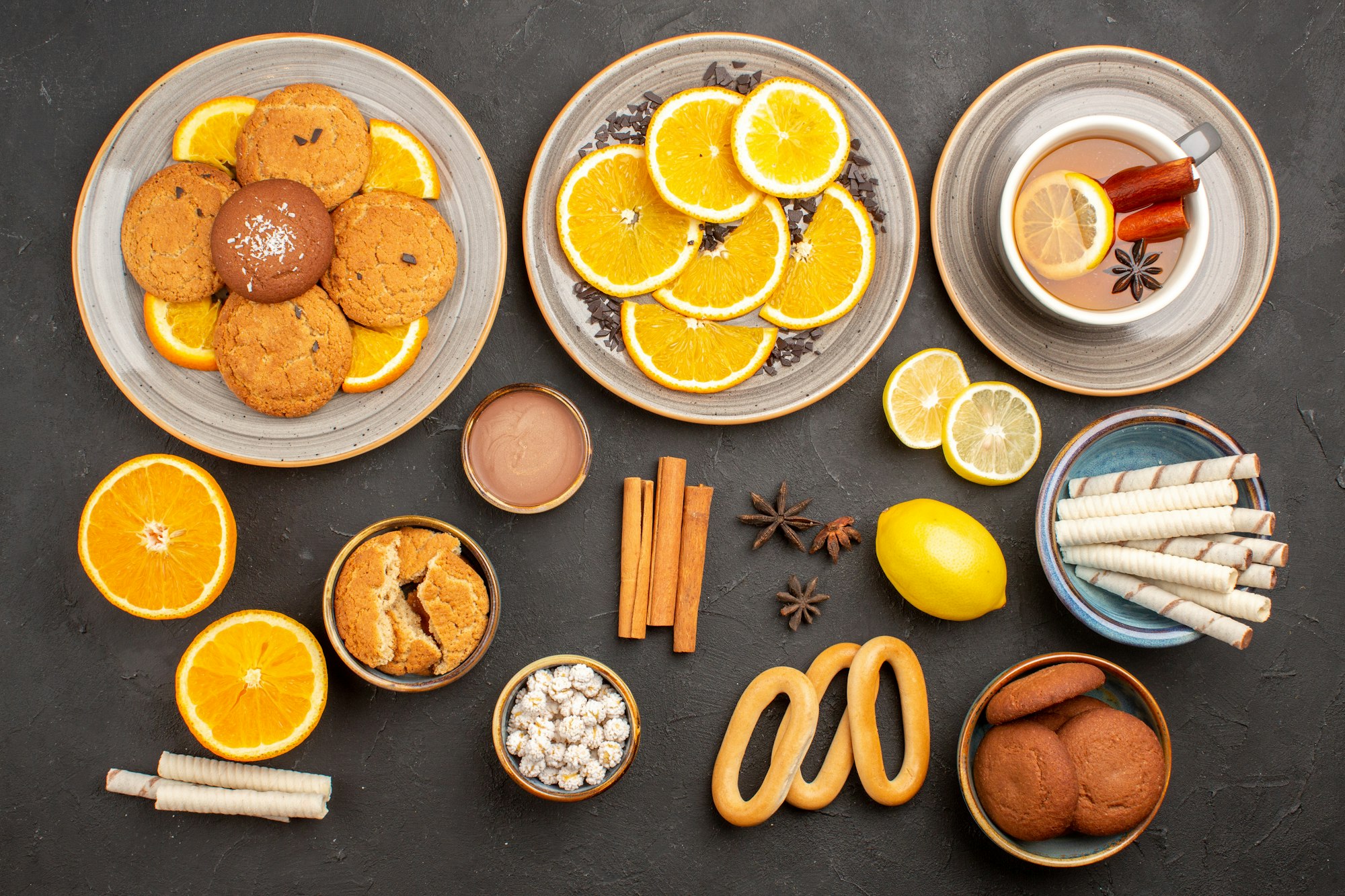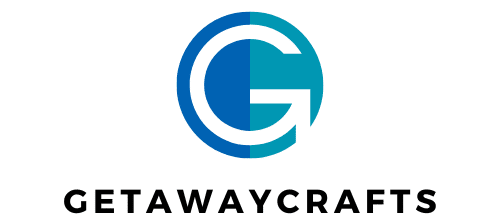What Are the Essential Nutrients for a Homemade Diet for Insectivorous Pets?

As pet lovers, you are always looking for the best ways to ensure that your beloved companions are healthy and happy. One of these ways is through their diet, which needs to be carefully planned to meet all their nutritional needs. Nowadays, more and more pet owners opt to prepare homemade diets for their pets, which allows them to have full control over the quality and type of ingredients used.
If you’re among those who have decided to switch to homemade diets, and if your pets are insectivorous, knowing the essential nutrients that need to be included is critical. In this article, we delve into the nutritional requirements of insectivorous pets, detailing some of the most important nutrients and how to incorporate them into your pet’s diet.
Avez-vous vu cela : How to Train a Labrador Retriever Puppy for Therapy Work?
Understanding Nutritional Requirements of Insectivorous Pets
Insectivorous pets are a unique category in the pet world. These animals, including certain species of reptiles, birds, and amphibians, have dietary needs that are different from those of other types of pets, primarily because their diet consists mainly of insects.
To ensure that insectivorous pets get all the necessary nutrients from their diet, it’s essential to understand their nutritional requirements. When planning their diet, you should aim to mimic their natural diet as closely as possible. This usually means including a variety of insects, each offering a different nutrient profile.
A voir aussi : How to Manage Feather Picking in African Grey Parrots?
Protein
The most important nutrient for insectivorous pets is protein. This is because insects, their main source of food, are high in protein. The protein caters to their body’s need for growth, maintenance of body tissues, and energy. This nutrient should form the bulk of your pet’s diet, and it can be provided through various types of insects, including crickets, mealworms, and silkworms.
Fats
Fats are another vital nutrient for insectivorous pets. They not only provide energy but also aid in the absorption of certain vitamins. Most insects are naturally high in fat, making them an ideal food source for your pets. However, it’s crucial to ensure that the fats are not overly processed, as this can lead to health problems in the long run.
Vitamins and Minerals
Vitamins and minerals are essential components of your pet’s diet. They aid in various bodily functions, including bone health, immunity, and cell function.
Calcium is particularly important for insectivorous pets, as a deficiency can lead to metabolic bone disease, a common condition in these animals. To ensure that your pet gets enough calcium, you can dust the insects with a calcium supplement before feeding them to your pet.
Vitamins A, D3, and B12 are also crucial. Vitamin A plays a significant role in vision, growth, and immune function. Vitamin D3 aids in the absorption of calcium and phosphorus, and vitamin B12 is vital for nerve function and the formation of red blood cells.
Sourcing and Preparing Insects
Once you understand the nutritional requirements of your insectivorous pets, the next step is sourcing and preparing the insects.
Selecting high-quality insects and preparing them properly is crucial for ensuring your pets get all the required nutrients. You can purchase insects from pet stores or breed them yourself. When choosing insects, go for those that are pesticide-free and haven’t been exposed to any chemicals.
Before feeding insects to your pets, gut loading is a recommended practice. This involves feeding the insects a nutritious diet before they’re eaten by your pet, thus boosting their nutritional profile. After gut loading, you can then dust the insects with a calcium or vitamin supplement to further enhance their nutritional value.
Balancing the Diet
While understanding and providing the essential nutrients is crucial, it’s equally important to balance the diet of your insectivorous pets. An imbalanced diet can lead to nutritional deficiencies or excesses, both of which are detrimental to your pet’s health.
Striking a balance involves feeding a variety of insects, as different insects have different nutrient profiles. Regularly rotating the types of insects you feed your pets ensures they get a range of nutrients.
Additionally, avoid overfeeding your pets. Even though insects are their primary food source, they can still suffer from obesity if overfed. Monitor your pets closely to ensure they stay at a healthy weight.
In conclusion, providing a balanced and nutritious diet for your insectivorous pets is critical for their health and well-being. By understanding their nutritional needs and incorporating these essential nutrients into their diet, you can help ensure they live a long and healthy life.
Remember to consult with a veterinarian or a pet nutrition expert before switching your pet to a homemade diet, to ensure that all their nutritional needs will be adequately met. With proper care and attention to their diet, your insectivorous pets can thrive.
Hydration and Other Dietary Considerations
Hydration is a factor that often tends to be overlooked when planning a diet for insectivorous pets. However, water plays a crucial role in the overall health of your pets. Insects contain a significant amount of water, contributing to the hydration needs of these pets. Some pets, like certain reptile species, may also absorb water through their skin or require it for habitat humidity. Therefore, ensure that your pet has access to fresh water at all times.
In addition to essential nutrients and hydration, fiber is another important dietary component. Insects naturally contain chitin, a source of fiber, which aids in digestion. However, too much chitin can be hard for some pets to digest and may lead to impaction. Therefore, it’s crucial to strike a balance and not overfeed your pets with insects that have high chitin content, like mealworms.
It’s also worth noting that while insects should make up the bulk of the diet for insectivorous pets, some animals may also benefit from small amounts of fruits and vegetables. These can provide additional vitamins and minerals. However, this depends on the specific dietary needs of your pet, so always consult with a vet or a pet nutrition expert.
Conclusion: The Importance of a Balanced Homemade Diet for Insectivorous Pets
Taking the leap from store-bought to homemade pet food is a big step. It requires commitment, time, and a deep understanding of your pet’s nutritional needs. However, the rewards, including healthier pets and a greater bond with them, can make the effort worthwhile.
When it comes to insectivorous pets, a well-balanced diet is integral to their health and longevity. This means including a variety of insects to provide a broad spectrum of essential nutrients like proteins, fats, vitamins, and minerals. It’s also crucial to consider other dietary factors like hydration, fiber, and the occasional fruits and vegetables, as advised by a vet or pet nutrition expert.
In conclusion, providing a balanced and nutritious homemade diet for your insectivorous pets is a fulfilling task and a significant responsibility. Always remember to seek professional advice before making drastic changes to your pet’s diet and monitor their health regularly. With careful planning and dedication, you can ensure your insectivorous pets lead a vibrant and healthy life. Whether it’s breeding your insects, gut loading them, or dusting them with supplements, every step you take contributes to the overall well-being of your beloved pets.
